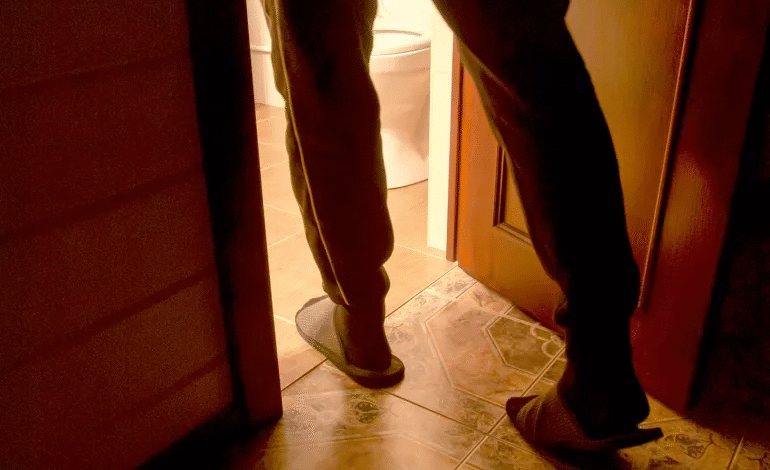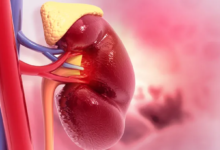Preventive Urination and Its Impact on Bladder Health

Using the bathroom preemptively can help prevent accidents in children who tend to hold their urine. This strategy may continue into later ages to avoid needing to use the bathroom outside the home.
Urologists refer to this practice as anticipatory urination or comfort urination, and people of all ages often do it before leaving the house or before bedtime.
Dr. Ariana Smith, Professor of Urological Surgery at the Perelman School of Medicine, University of Pennsylvania, told The New York Times: “Occasional preventive urination is unlikely to cause harm, but doing it multiple times daily may increase the risk of bladder problems by disrupting the natural feedback loop between the bladder and the brain.”
How Anticipatory Urination Affects the Bladder
To understand the potential harm, it helps to know how the bladder works. The kidneys filter blood to remove waste, producing urine that is stored in the bladder.
Typically, women can store up to 500 milliliters (about two cups) of urine, while men can store about 700 milliliters (around three cups). The urge to urinate usually arises when the bladder contains 150–250 milliliters. At that point, the bladder sends nerve signals to the brain, indicating it’s time to go.
Experts note that with anticipatory urination, the bladder signals the brain too early, before it accumulates a normal volume. Siobhan Sutcliffe, epidemiologist and Professor of Surgery at the University of Washington, explains that this disruption can reduce the bladder’s capacity over time.
Additionally, urinating preemptively increases strain on the pelvic floor muscles—the muscles supporting the bladder and other organs. Catherine Bourgeau, behavioral psychologist and Emeritus Professor of Geriatrics at the University of Alabama at Birmingham, notes that this pressure can weaken these muscles over time.
Dr. Sutcliffe also warns that anticipatory urination may contribute to overactive bladder, a condition characterized by a strong, frequent urge to urinate.
Retraining the Bladder
The good news: this habit can be modified. The brain exerts significant control over the bladder, as Dr. Allen Markland, Chair of Geriatrics at the University of Utah, tells her patients: “The mind controls the bladder.”
To reduce preventive bathroom visits, strategies include deep breathing, distraction techniques, or positive affirmations such as “I am in control.” Some small studies suggest that mindfulness techniques may reduce sudden urges, helping the bladder signal only when enough urine has accumulated.
Pelvic Floor Physical Therapy
Dr. Sutcliffe notes growing evidence that pelvic floor physical therapy can help individuals better manage the timing of urination. Working with a physical therapist, patients can learn to activate and strengthen these muscles to improve bladder control.
Dr. Bourgeau adds: “We teach patients to pause, take deep breaths, and repeatedly contract the pelvic floor muscles.” This practice can calm the bladder and reduce the urgency to urinate.
Lifestyle Adjustments
Experts emphasize that lifestyle modifications, including fluid management, can also help. Caffeine, acidic beverages, and some artificial ingredients (like sweeteners) can irritate the bladder lining and trigger frequent urges.
Dr. Ariana Smith points out that reducing caffeine intake has proven beneficial for many, helping to decrease the frequency of urination.
Consulting a Physician
If conditions like diabetes or sleep apnea are present, these can contribute to frequent urination. In such cases, medical treatments, including medication, may be appropriate depending on diagnosis.








